Handing over the letter, Ms. Thu shared: “I just found this letter in my father’s stack of documents. I send it to you.” I called to talk to poet Tran Dang Khoa. He exclaimed on the phone and said emotionally: “So precious. That letter is very special to me. It is special not because of the letter I wrote but because the recipient - Mr. Nhu - was the first reporter in the country to come to my house, talk to me, write an article introducing me to the public, and publish it in the People’s Army Newspaper.”
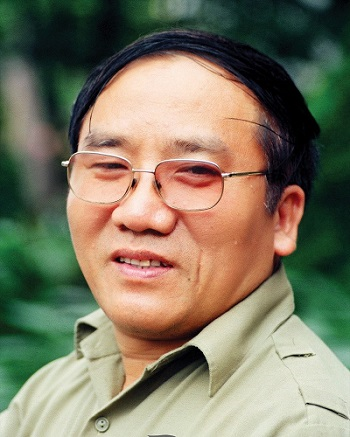 |
| Poet Tran Dang Khoa. Illustration photo: nhavanhanoi.vn |
Up to now, poet Tran Dang Khoa remembers almost the entire letter and poem "The Village in Season" he sent to Uncle Nhu when the poem was just composed but not yet published in the newspaper, which makes me extremely surprised by the poet's memory.
At that time, Tran Dang Khoa was only in the third grade of a village school in Truc Tri village, Quoc Tuan commune, Nam Sach district, Hai Duong province (old). He had his poems published in newspapers when he was only a second grader. What is special is that the first poems of that young poet were about soldiers. According to Tran Dang Khoa, soldiers marching to the battlefield often stayed in his village, in his house. The first people who listened to his poems were also soldiers.
The first journalist to meet Tran Dang Khoa was Mr. Phan Huynh, also a reporter for the People's Army Newspaper. But the first journalist to write about Tran Dang Khoa and introduce Khoa to readers on the People's Army Newspaper was Mr. Ngoc Nhu. That article was not directly about Tran Dang Khoa but about the fight of the army and people on Route 5, the strategic road connecting Hai Phong port with Hanoi , running through Khoa's hometown; including the two bridges Lai Vu and Phu Luong, which were the focus of the American bombardment. Journalist Ngoc Nhu wrote: "And especially in the smoke and fire of the enemy's bombs, the simple and clear poetry of a boy in second grade rose up. That was also the voice that drowned out the sound of bombs in this land. That was the tiny poet Tran Dang Khoa." In the article, the author only dedicated those few lines to Khoa, which he remembered forever.
In Tran Dang Khoa's memory, journalist Ngoc Nhu was a skinny but very agile and cheerful soldier. He returned at noon in the hot sun, around May. He rode an old Phoenix bicycle. He had a backpack tied to the back of the bike. He had a bag of rice slung across his shoulder. His mother told Khoa to go to the garden to pick Malabar spinach and amaranth, then she hurried out to the field to catch crabs. The meal consisted of only crab soup with mixed vegetables and a few fried eggs. When he left, Uncle Nhu filled a bowl of rice and left it with his family. Khoa's mother refused to accept it. There was no shortage of rice in the countryside. But he insisted on leaving it behind, saying the rice was too heavy and sagged his shoulders. Then he left. Khoa even had time to read him the poem "Pomegranate Flower" he had just finished writing: "I planted a green pomegranate tree/ The pomegranate heard the sound of the hoe and its branches were full of flowers". Uncle Nhu said: “If you write like this, readers will easily misunderstand. The pomegranate tree does not hear the cuckoo's call, but the sound of a hoe digging. How can a pomegranate tree bloom when it is newly planted?” Khoa immediately corrected: “The cuckoo has not yet stopped calling, but the branches are full of flowers.”
Uncle Nhu's comments seemed to urge Khoa to write poems about the soldiers. Every new poem he wrote, Khoa would copy and send to Uncle Nhu. Then he would write letters to Khoa, commenting and giving his opinions. The poem "Pink Candy, Green Candy", about the time the children visited the soldiers in the anti-aircraft artillery unit on Tet holiday, was praised by Uncle Nhu with a surprising ending: "The artillery stood there watching / It seemed like it also wanted pink candy, green candy".
Tran Dang Khoa said that just a few days after Uncle Nhu returned, he received a letter from Uncle Nhu. In the letter, Uncle Nhu promised to buy books and toys “for little Khoa”. But before he could send it, Uncle Nhu died!
During a special mission to the Southern battlefield that year, the People's Army Newspaper sent three reporters: Nguyen Duc Toai, Nguyen Ngoc Nhu and Le Dinh Du. At the battle on the southern bank of the Ben Hai River (Gio Linh, Quang Tri ) on the afternoon of January 21, 1968, journalists Nguyen Ngoc Nhu and Le Dinh Du heroically sacrificed their lives at a very young age, leaving behind many unfinished plans.
Tran Dang Khoa told me, his voice filled with emotion: "Let me respectfully thank the People's Army Newspaper not only for introducing, encouraging, and supporting me in writing poetry, but also for letting me meet and get to know the soldiers who work as journalists, such as Mr. Phan Huynh and Mr. Ngoc Nhu."
Source: https://www.qdnd.vn/van-hoa/doi-song/phong-vien-dau-tien-viet-ve-than-dong-tho-tran-dang-khoa-867238





![[Photo] Nhan Dan Newspaper launches “Fatherland in the Heart: The Concert Film”](https://vphoto.vietnam.vn/thumb/1200x675/vietnam/resource/IMAGE/2025/10/16/1760622132545_thiet-ke-chua-co-ten-36-png.webp)


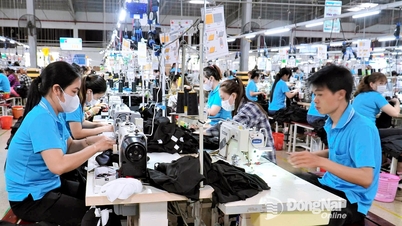














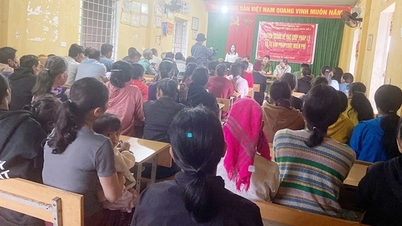

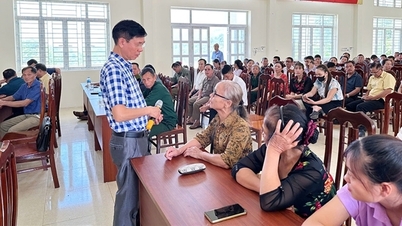




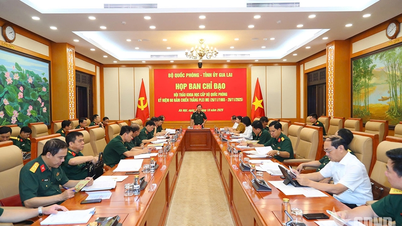
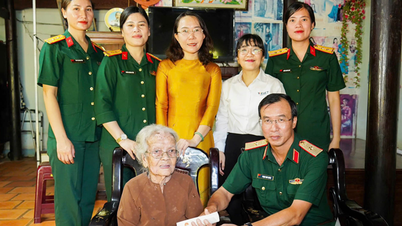
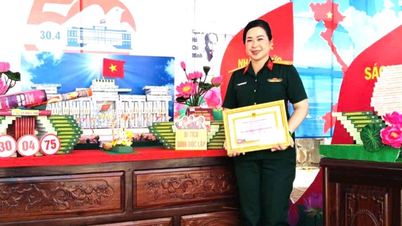
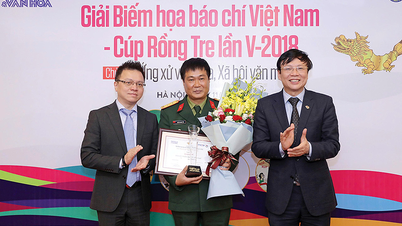
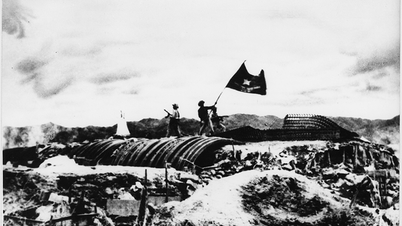
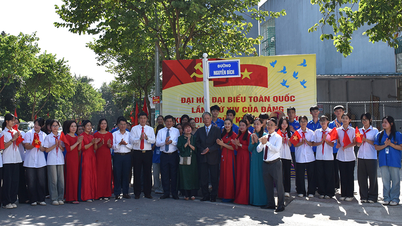



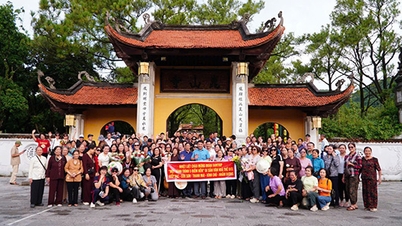











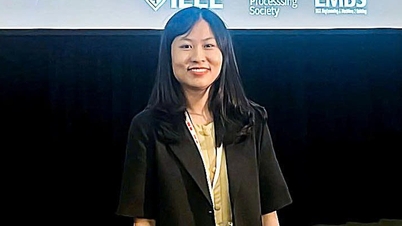






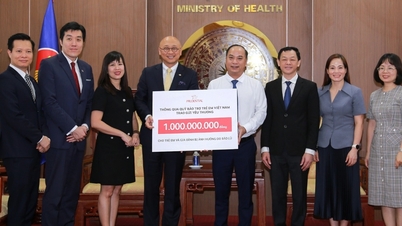
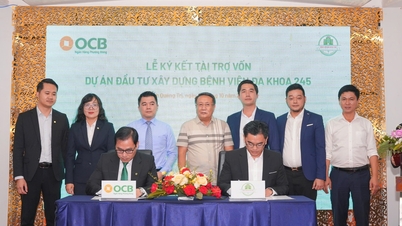




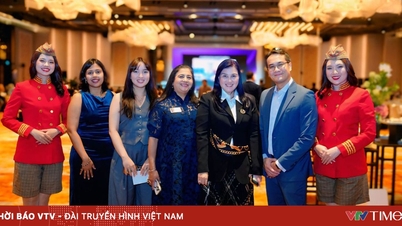

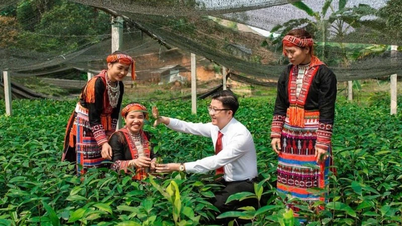






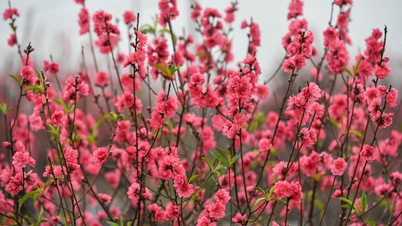

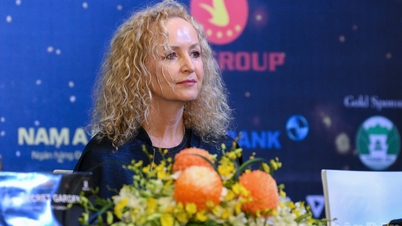
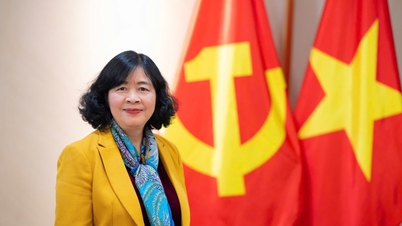
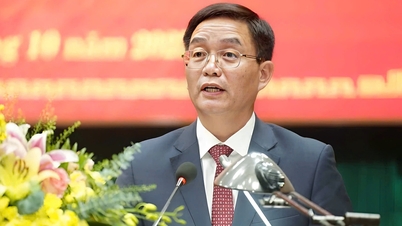

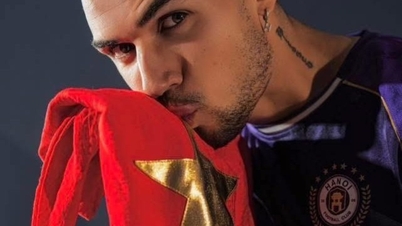
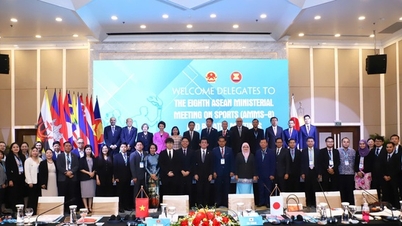






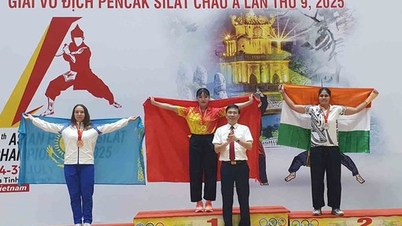
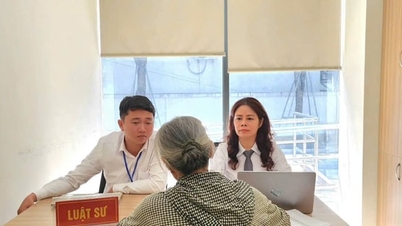

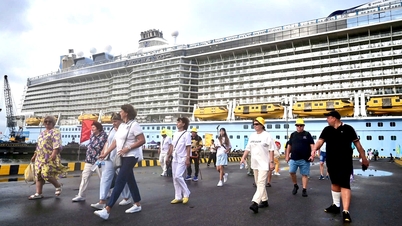
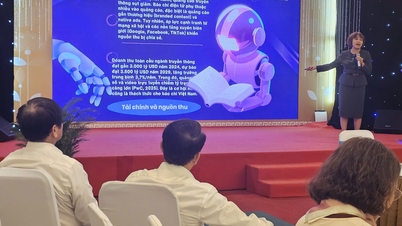
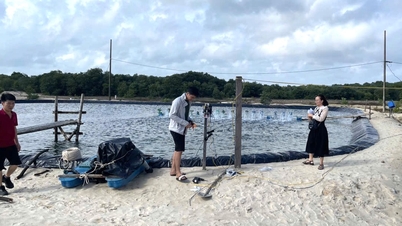

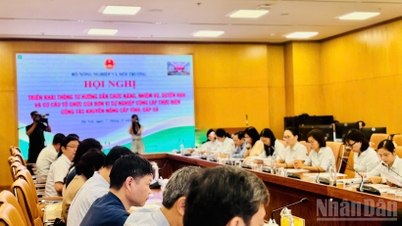
















Comment (0)